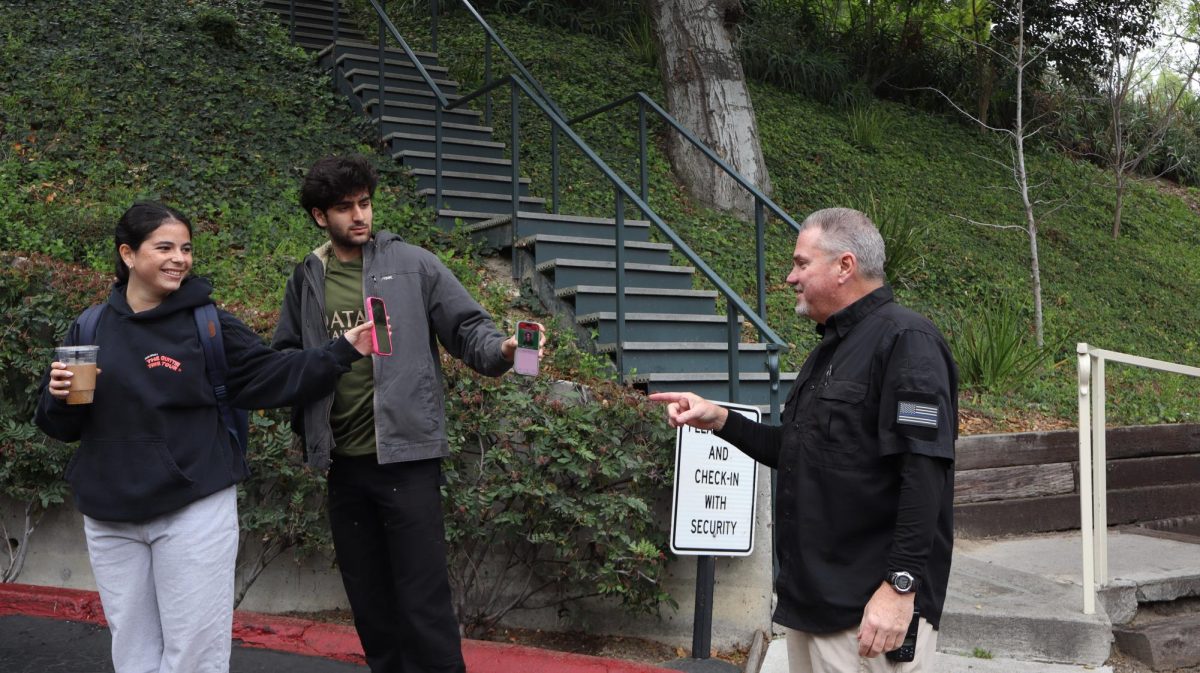The school partnered with the Didi Hirsch Mental Health Foundation this year to provide “Gatekeeper Training,” a mental health training program available to students, parents, faculty and staff.
Counselor Michelle Bracken said the program will give members of the community the tools they need to recognize and respond to mental health crises.
“Gatekeeper training is one of the most widely used suicide prevention strategies,” Bracken said. “It involves training people who are not clinicians to be able to identify people experiencing suicidality and refer them to appropriate services. The hope is that students and adults who take the training are able to reduce the barriers to students who are struggling with thoughts of suicide and hopelessness, to get help.”
According to Bracken, Gatekeeper training consists of a half-day program which aims to inform students how to identify and assist a person with thoughts of suicide. This includes recognizing invitations for help that may be overlooked and applying the Talk, Ask, Listen and KeepSafe (TALK) steps. Trainees will also learn about resources available in the community and how to direct peers with suicidal thoughts to them. Currently, a select group of student leaders as well as counselors, deans, coaches, bookstore personnel and at least one teacher from each department will receive training. The second round of training for certain sophomores and juniors took place during the school’s most recent flex day.
The Didi Hirsch Suicide Prevention Center, which created gatekeeper training, trained over 175,000 individuals in suicide prevention during 2022. Bracken said it is the first organization of its kind and serves as a model for suicide prevention centers across the planet.
“Several of the counselors have worked with Didi Hirsch for suicide prevention trainings and we needed some professionals who could help guide us,” Bracken said.
Bracken said gatekeeper training aims to help students who need additional mental health support by reducing barriers and fostering a community of empathy and compassion.
“A student doesn’t need to feel hopeless, or sad or worried to need to talk to someone,” Bracken said. “By training as many members of our community in suicide prevention and mental health first aid, we hope to empower everyone to use their training, empathy and compassion to come together as a community and be the one who helps a friend, classmate, colleague, so they don’t have to suffer alone and can find a way to thrive.”
Peer Support leader Lily Stambouli ’24, attended the first round of training. She said the training taught her how to navigate mental health as a student leader especially in the context of Peer Support.
“ [In Peer Support] we get a lot of shares and situations when people might be struggling with certain things,” Stambouli said. “The training taught us a lot about how to approach situations in which you think somebody might be depressed or suicidal. It gave us a lot of different ways to sense when people are feeling that way and what resources to give them to get further help.”
Emma Tseng ’26 also participated in the first round of training as a member of the Student-Athlete Leadership Council. Tseng said she plans to create a safe space to discuss mental health struggles among athletes.
“Our conversations were centered around the mental health of athletes,” said Tseng. “I will implement this training into my everyday life by encouraging conversations about mental health to decrease stigma. As a member of the softball team, I will work along with my teammates to cultivate an inclusive team culture so that everyone feels heard and valued.”





























